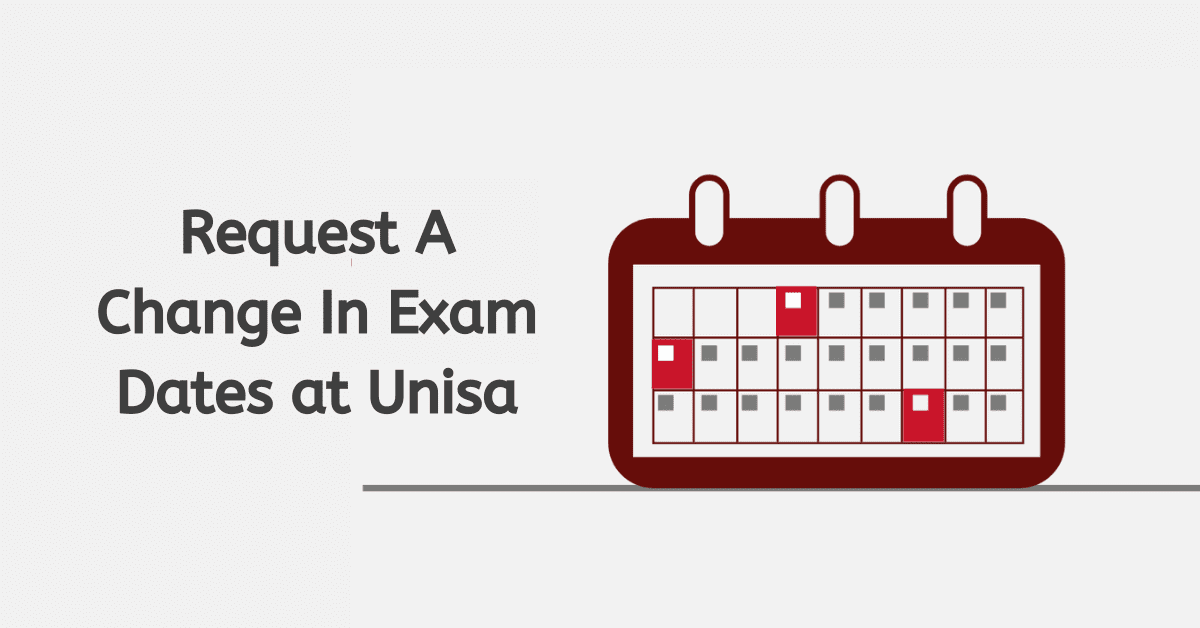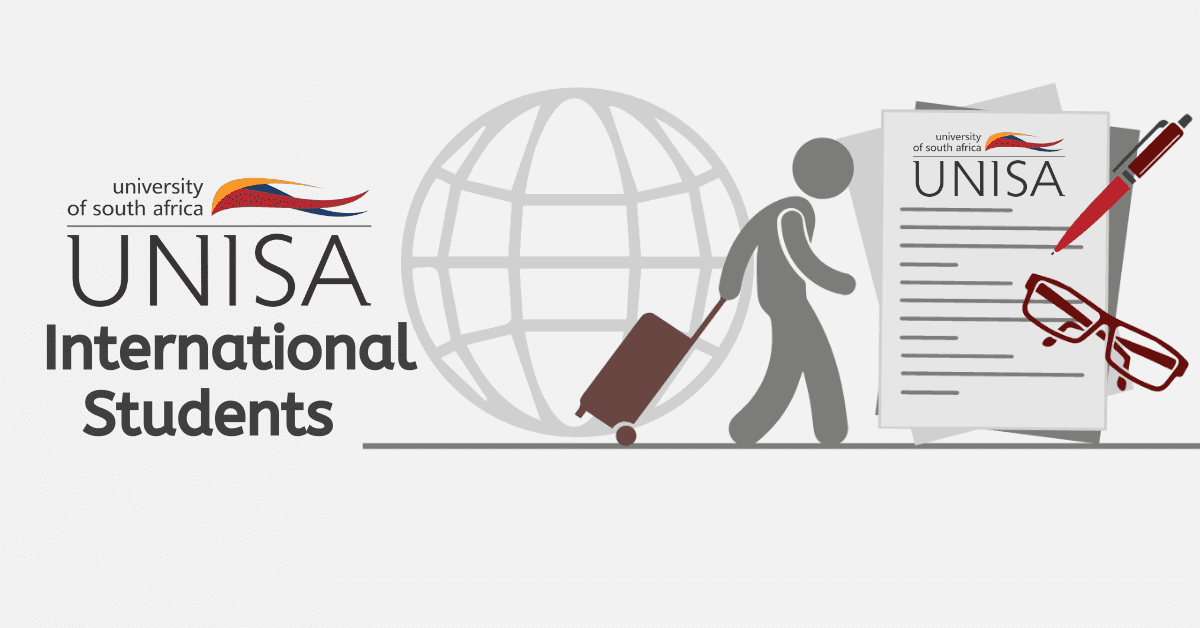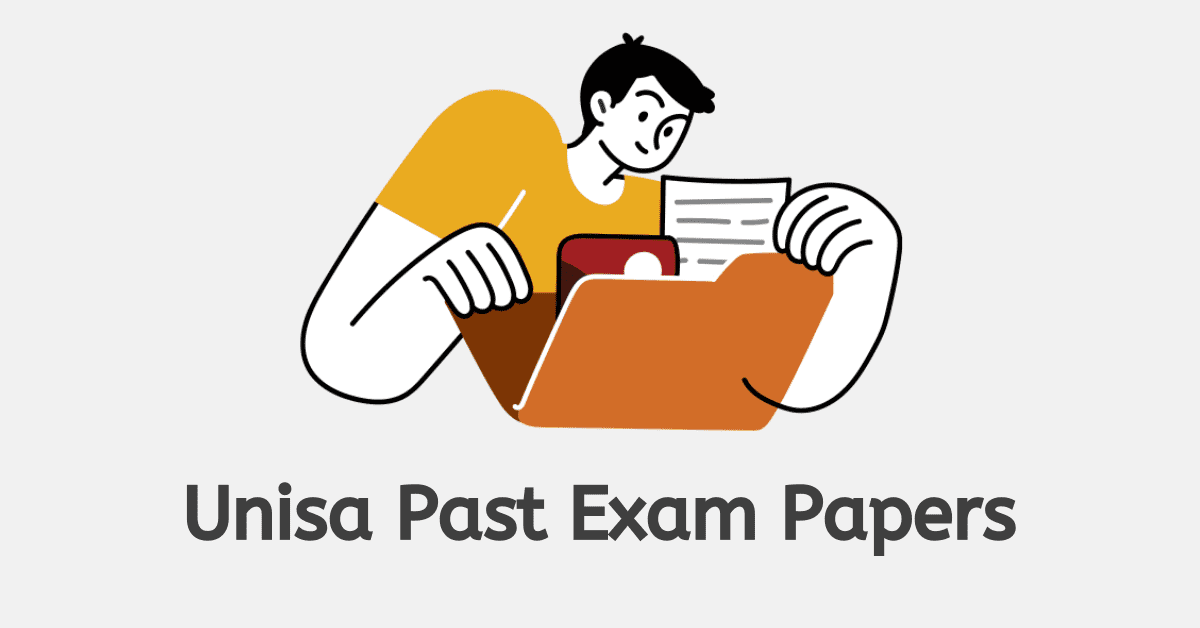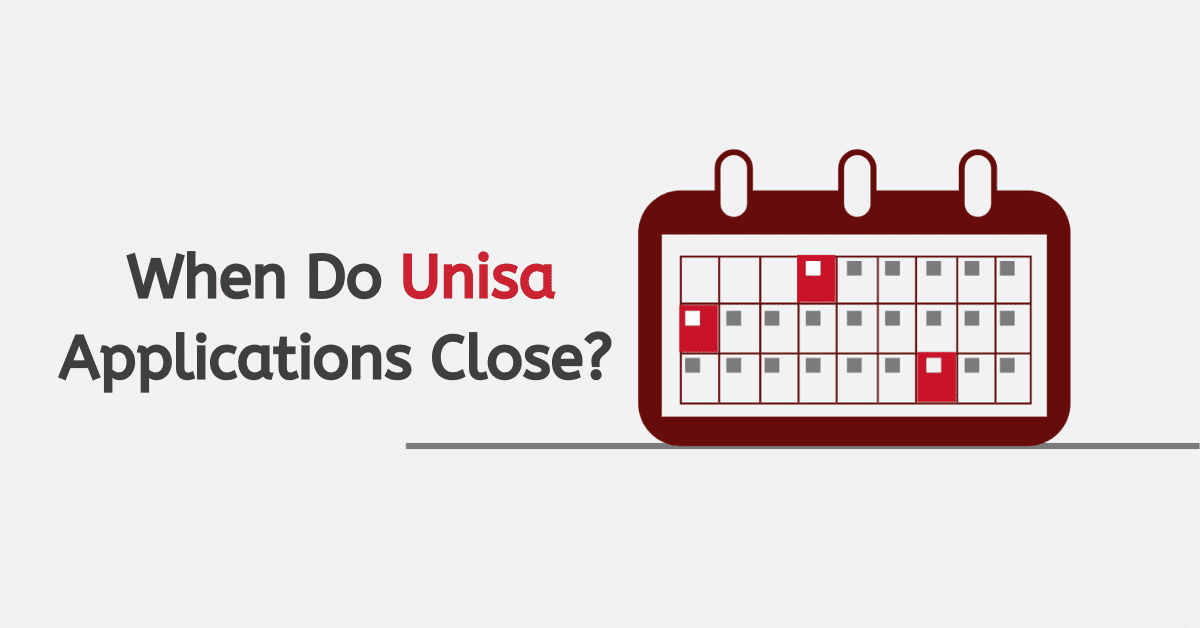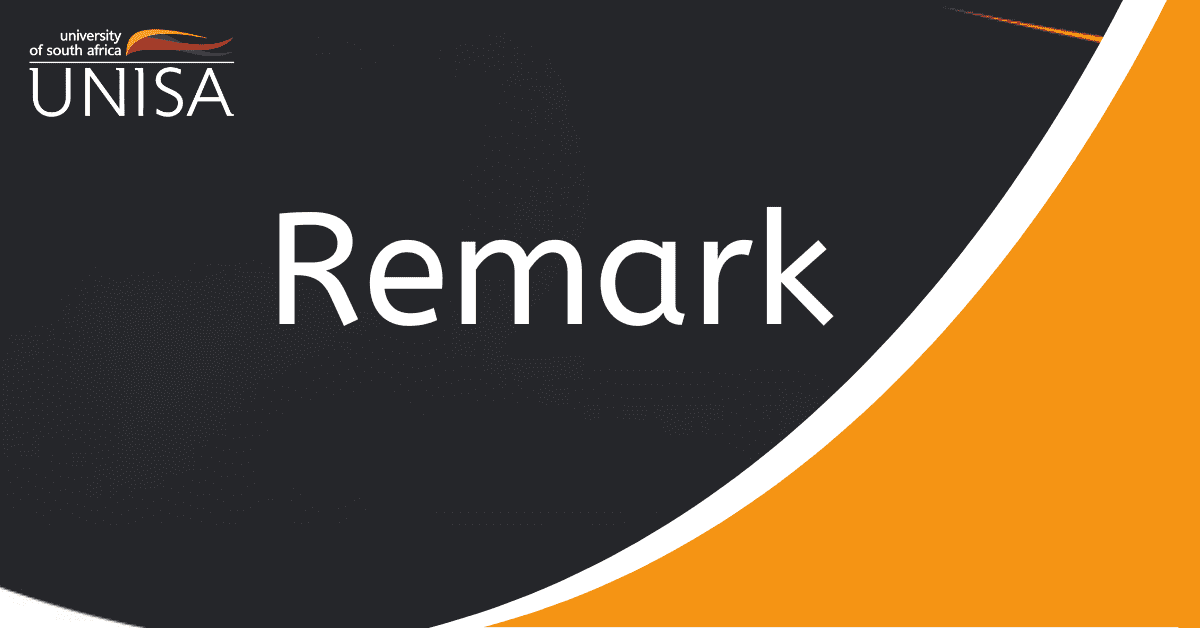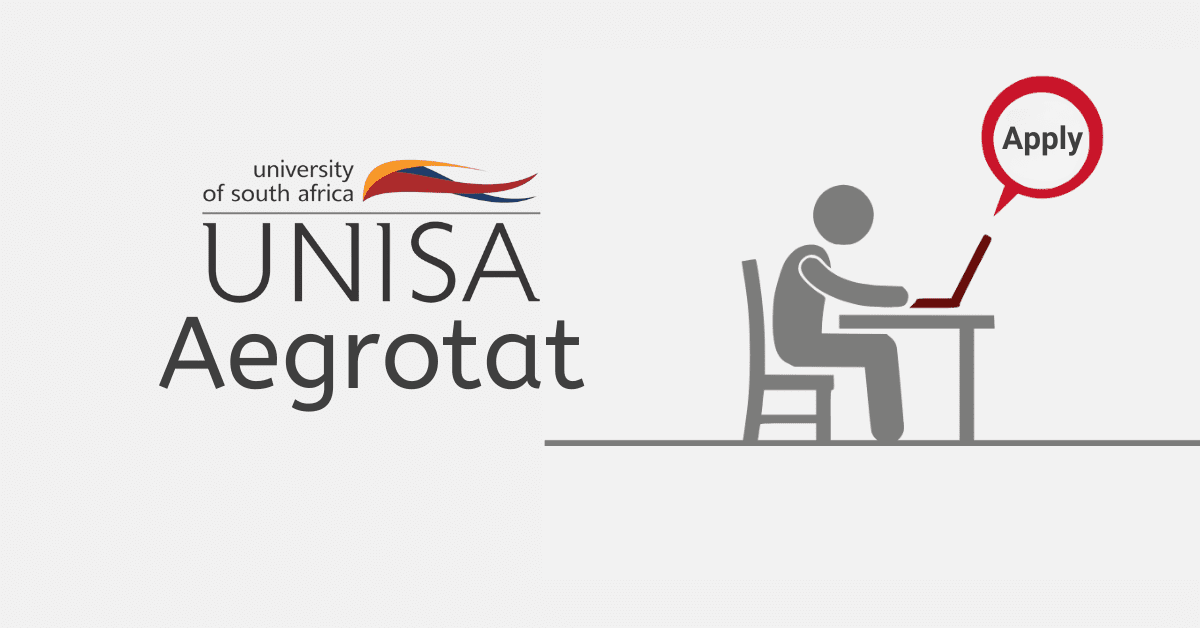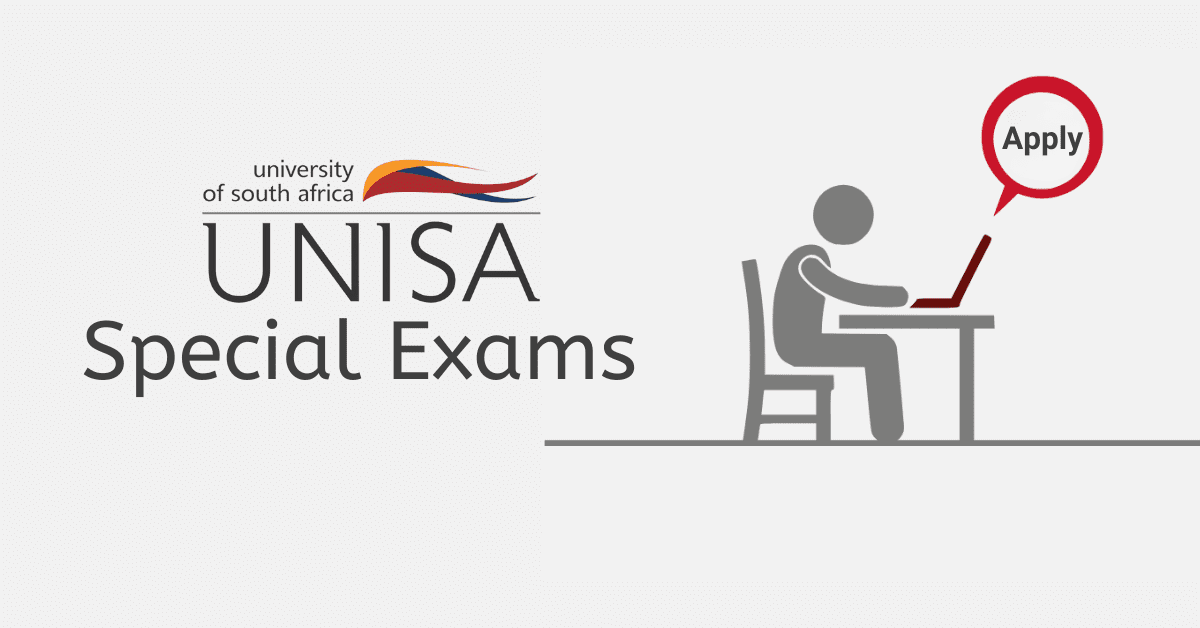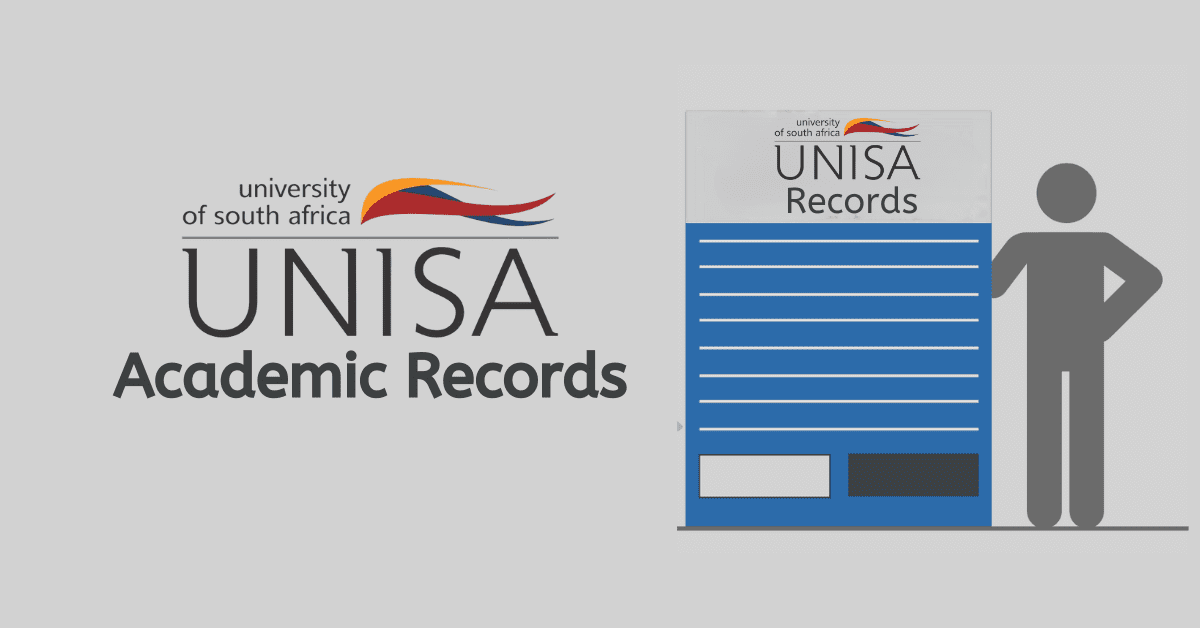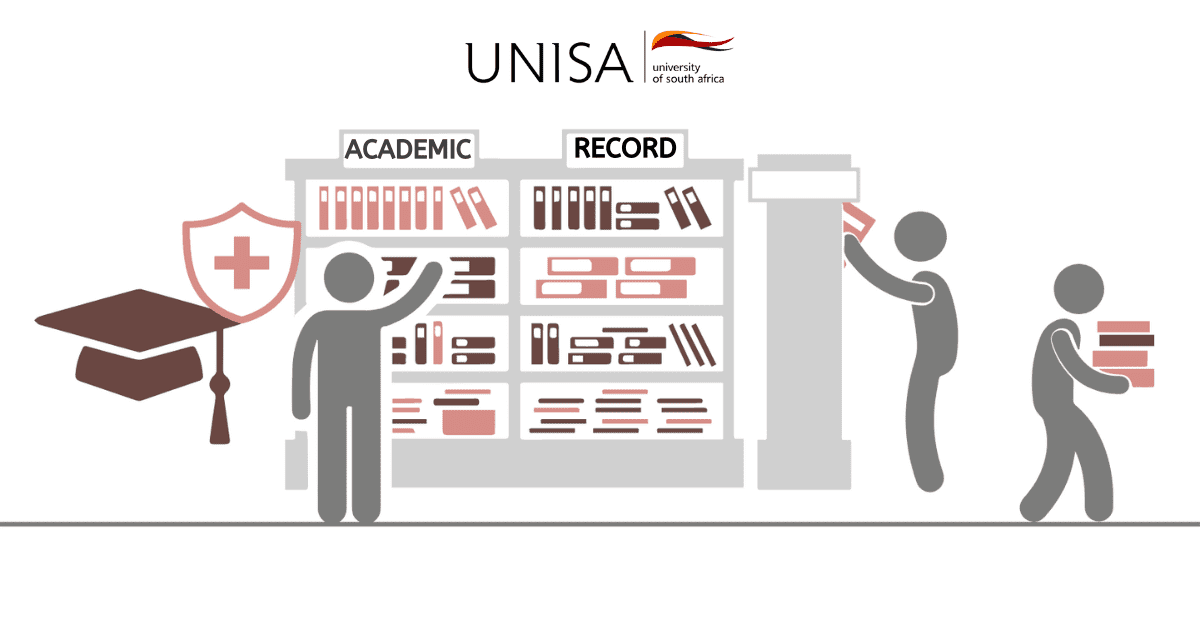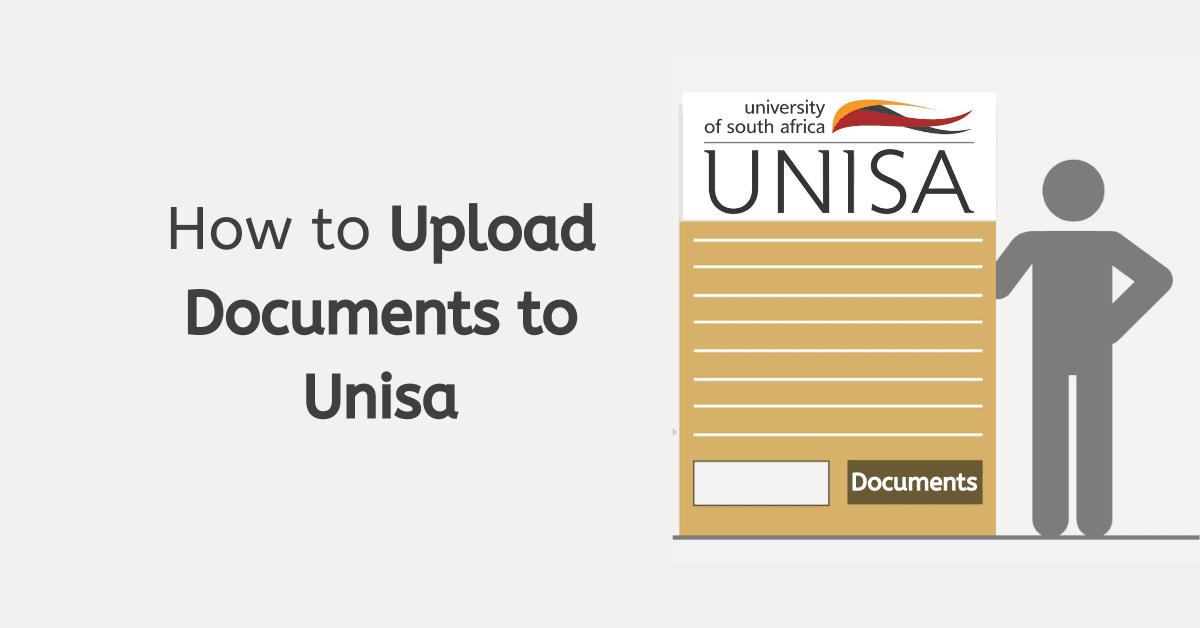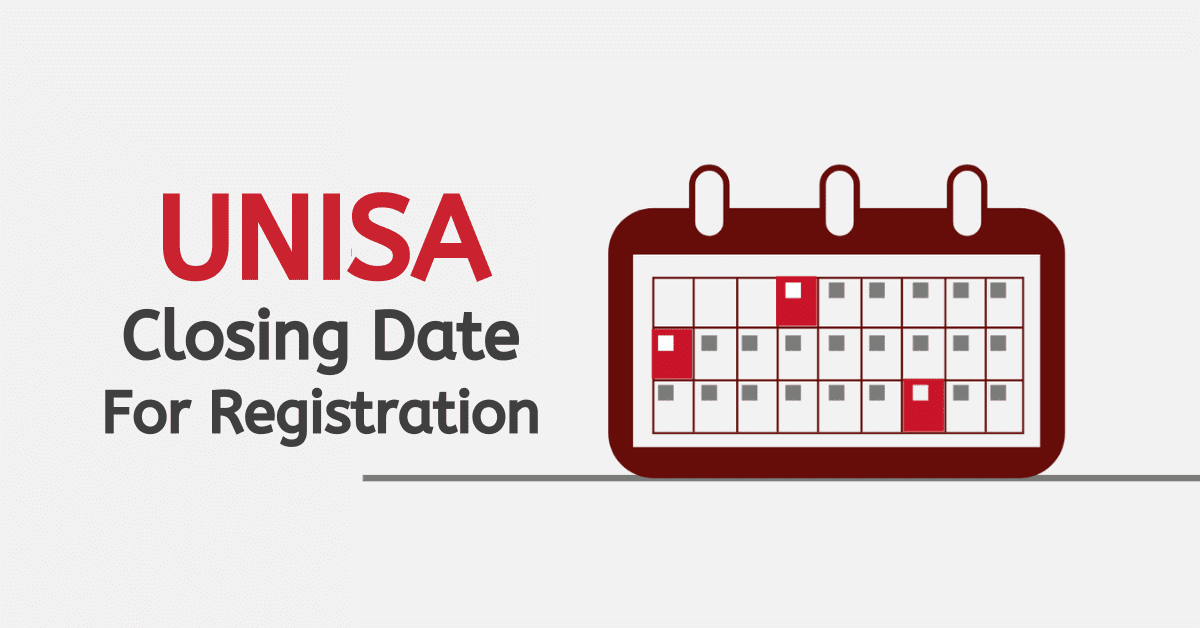Ever since the University of South Africa was established, this institution has become very innovative in trying to solve modern-day problems.
As part of the University of South Africa’s mission and objectives, the institution looked at how it could create accessibility for students looking to study there but could not find themselves in the physical classrooms.
Considering the diversity of people worldwide trying to get into UNISA, it became a big issue. But looking at its founding mission, these things were already inclusive, and therefore it was just a matter of implementation for UNISA to accommodate
UNISA has created room for foreign students since its inception. Their educational approach looks at how they can easily accommodate foreign students.
The school has worked diligently to strategize and be innovative enough to ensure foreign students get the needed support and have all the necessary systems to make their studies easy.
UNISA has created more courses, expanding the study curriculum and calling for more students, especially foreign students.
But the ultimate question comes? How does a foreign student get into UNISA? What are some of the prerequisites?
Well, in this blog post, we will be looking at how to study at UNISA with a foreign matric. You could be South African and still have a foreign matric, but this is usually uncommon. Foreign matric is normally produced by foreign students looking to study at UNISA. Learn more about studying at UNISA using a foreign matric and other FAQs on foreigners studying at UNISA.
How to study at unisa with a foreign matric
Studying at UNISA can pose challenges for students with foreign matric qualifications. If you possess a foreign matriculation certificate, UNISA might classify you as an international student. Consequently, they may require you to follow the application process specifically designed for foreign students.
If you meet the requirements for admission to an undergraduate programme with a conditional exemption certificate, Unisa will assist you with this during the application processing phase.
To have enough time to submit all the required documents for your application to study at UNISA, it may be necessary for you to apply for this exemption.
Studying with a foreign matric can be a bit confusing because you still need to go through the application process for foreign students before your application can be considered.
What are the requirements for a foreigner to study at UNISA?
Here is the list of requirements every foreigner looking to study at the University of South Africa must know.
- A recognised qualification from your institutions.
- Providing and showing evidence of your competence in English speaking such as TOEFL and IELTS exams from a recognised institution
- Academic history, transcript and application form are required
- A passport is needed as a foreigner
- Studies Visa from the South African embassy within your home country
- Health Insurance, whether national or private.
Can a foreigner study matric in South Africa?
Certainly, foreigners who wish to study matric in South Africa have the liberty to do so. The educational system gives room to foreigners to take part in matric exams. All they need is to register, prepare for the exams and take the final assessment.
Do foreigners get bursary in South Africa?
Bursaries in South Africa offer valuable opportunities for students, including foreigners, to receive financial assistance for their education.
Although bursaries for foreigners may not be as prevalent as those for South African citizens, there are still opportunities for international students to receive financial assistance and fulfil their aspirations of pursuing higher education in the country.
Bursaries in South Africa serve as a means to ease the financial strain on deserving students by covering expenses such as tuition fees, textbooks, accommodation, and other related costs. The purpose of these bursaries is to promote equal educational opportunities and encourage diversity in the educational system of South Africa.
Bursaries play a crucial role in fostering the growth of a diverse and talented workforce by providing support to both local and international students.
The Mukuru Bursary is a widely recognised scholarship programme available to international students in South Africa. The purpose of this programme is to provide assistance to individuals from diverse backgrounds who have the desire to further their education in South Africa.
The Mukuru Bursary serves as a shining example of how organisations and institutions in South Africa are dedicated to fostering inclusivity and offering financial support to foreign students.
The Mukuru Bursary aims to support students who are pursuing various career fields or industries.
The versatility of this ensures that it can accommodate a wide range of academic disciplines and aspirations. The Mukuru Bursary is available to students with a passion for engineering, medicine, business, or any other field. It offers financial assistance to help them pursue their academic and career aspirations.
In general, although bursaries for foreigners in South Africa may not be as common as those for South African citizens, opportunities are available, with the Mukuru Bursary being a notable example.
How do I apply for university in South Africa as a foreigner?
Applying for tertiary in South Africa is one of the easiest processes. In South Africa, there are general requirements to apply for admission. However, foreigners may be required to provide extra details to match up with the university application.
As a foreigner, you can apply for university in South Africa using the following steps.
To begin your search, I recommend researching universities in South Africa.
When selecting a degree programme, it’s important to consider how it aligns with your career aspirations and the skills and qualifications you possess.
Please take a look at the admission requirements for international students, which typically consist of academic transcripts, language proficiency tests such as IELTS or TOEFL, and documentation demonstrating financial capability.
- You should check out the official website of the university.
- Go to the international admissions section.
- Proceed to create an account for the online application.
- Ensure that you provide accurate personal and academic details when completing the application form to ensure a smooth process.
- Prepare the necessary documents. Gather all required paperwork, such as certificates and transcripts from school, passport-size pictures, a current passport, Evidence of linguistic possessions, Statement of purpose, recommendation letters, if any are needed, Evidence of sufficient funds to pay for living expenses and school, Health insurance and medical certifications (where required).
- To complete your application, you will need to pay the application fee. Please note that the fee amount may differ depending on the university you are applying to. Please note that the fee for this application is non-refundable, and it is required to be paid online during the application process.
- Please make sure to upload all the necessary documents and submit your application online. Please make sure that all the information provided is accurate and complete.
- Once you have submitted your application, you must wait for the university’s admission office to review your documents. It is possible that this process could take a few weeks to complete.
